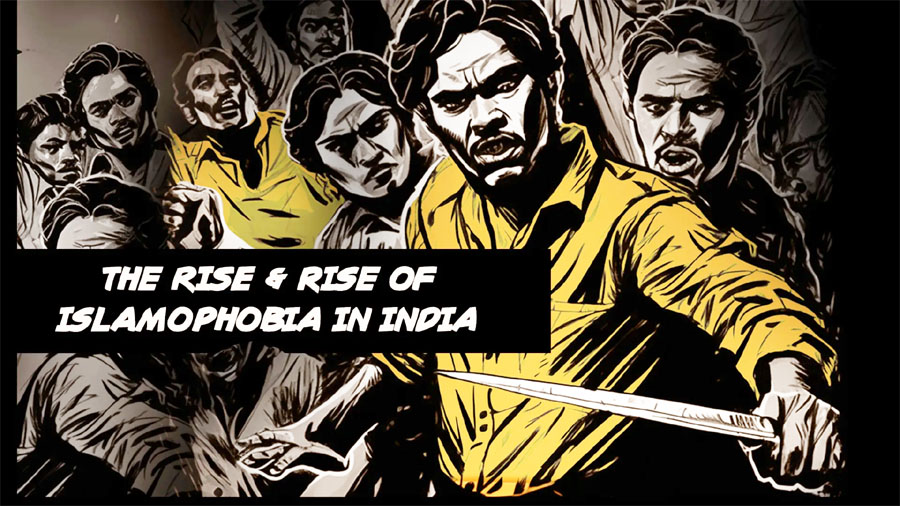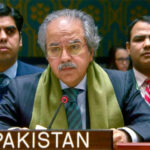
Online Desk: Studies on anti-Muslim violence and Islamophobia in India either tend to dismiss the concept or limit its deployment by identifying it within the actions of Hindu nationalist groups situating their rise as an exception to India’s secular and multicultural trajectory. Premising on the idea that Islamophobia should be understood as the negation of Muslim political subjectivity this article argues that Hindutva is not an aberration. Rather, it is a continuation of the Indian nation-making project with the Muslim placed as the other of this project.
Further, the article frames India as a racial state and this argument would include identifying its systemic nature by looking at the sections of the Indian constitutions and constituent assembly debates. Thus, the Indian state will be understood not as a mere facilitator but as an embodiment of Brahminical hegemony that generates racial conflict and divisions and attempts to exclude or eliminate Muslimness through homogenizing or marginalizing processes.
One would not be wrong to assume that a discussion on Islamophobia in India will revolve around Hindu nationalism, Hindutva and the violence they perpetrate against Muslims. In such narratives on Islamophobia, Hindutva is understood as a parenthesis of India’s secular democratic trajectory, and apart from the odd instance of religious violence, Muslims overall fared well. With Hindutva’s institutional entrenchment gaining ground on a daily basis and with the general elections approaching, well-intentioned commentators, media commentators, activists and thinkers constantly warn of a dystopian future for Muslims.
Studies that emphasize the SanghParivar are understandable due to its explicit nature, but it inadvertently posits Islamophobia or the disciplining of Muslims in a truncated genealogy that has serious ramifications for debates surrounding Muslim subjectivity and the secular nature of the Indian state. 2 Firstly, these narratives mask the systemic nature of Islamophobia and foreclose discussions on the plight of Muslims prior to the political ascendancy of Hindu nationalism and its affiliates. Secondly, this is a consequence of limiting the analysis of Islamophobia to hate speech and corporeal violence.
In contrast, this article will contest this notion of Islamophobia in India by looking at the discourses, specifically the constitutional discourse, to discern the racialized governmentality underlying the process of Indian state-building. In other words, the argument will be that the disciplining of Muslim subjectivity is not something that is unraveling now and one that will get progressively worse, but something that is tied to Indian state building and has existed institutionally since then.






